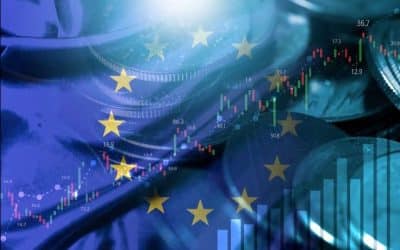Neither bonds nor dollars: where can investors find a safe haven?

Redacción Mapfre
Diversification is the golden rule of asset management and financial advising. Traditionally, a balanced portfolio consists of a mix of fixed-income securities and equities, tailored to the client's risk profile. When panic-driven events like the current one arise, the instinct is often to seek refuge in safer assets, such as U.S. bonds or the dollar. However, the problem now is that these assets aren’t performing their typical role, as the root cause of the issue lies in the United States itself, impacting all assets equally.
So, what should investors do? Alberto Matellán, General Manager of La Financiere Responsable (LFR), has a clear answer: “We’re in the middle of a storm. What’s the best way to navigate it and reach a safe harbor? Sailing alone in a small boat or boarding a cruise liner, like MAPFRE and its financial advisory unit, MAPFRE Gestión Patrimonial?” In short, “you need a good financial adviser.” Despite the possibility that we may be entering a bearish market (one marked by a prolonged decline) and the current climate of panic, Matellán believes that “this is a manageable situation.” He adds: “We've faced similar situations before, and opportunities may arise as well.”
Furthermore, central banks and other authorities have consistently demonstrated their ability to respond effectively, acting as a stabilizing force in previous crises. For this reason, Matellán believes it's premature to discuss the potential for a recession. Economies like those in Europe and China have the tools to mitigate the impact of rising tariffs, such as stimulating domestic growth.
On the topic of falling oil prices, which could continue after dropping more than 20% recently, Matellán notes that this provides a release of income, helping to cushion the slowdown in growth while also acting as a non-inflationary force.


